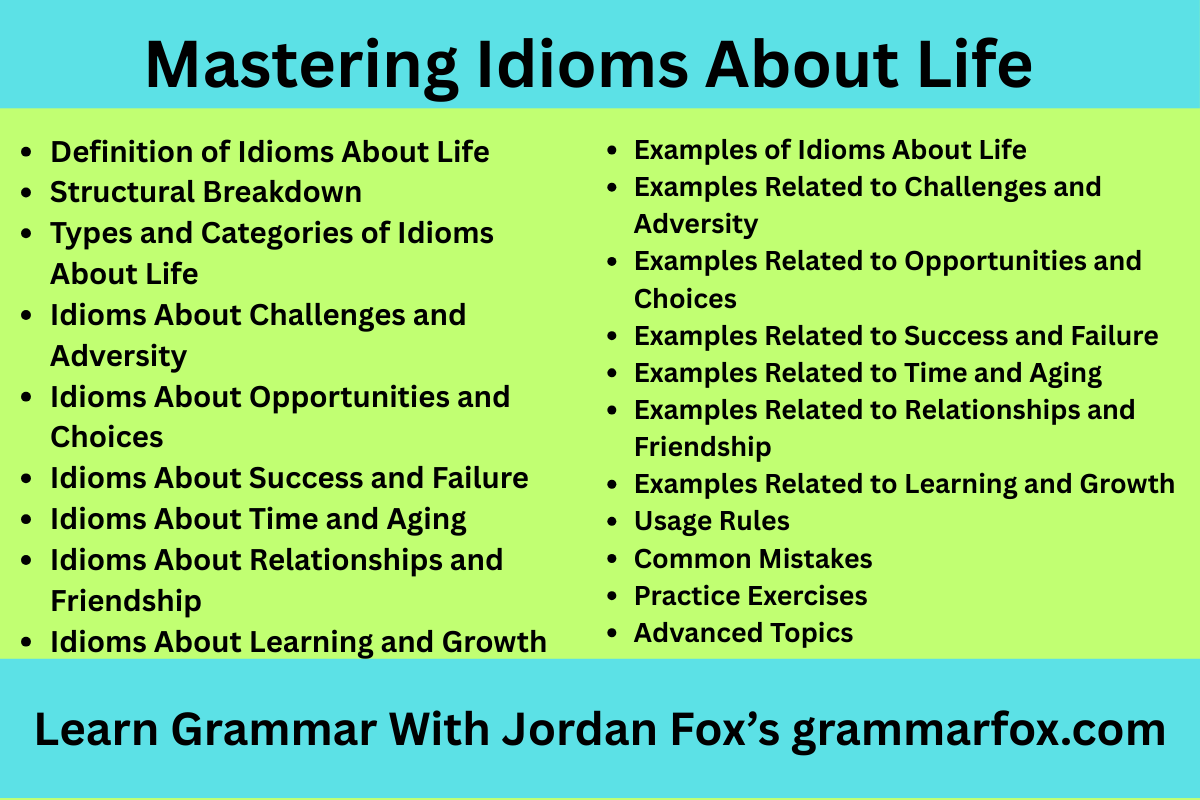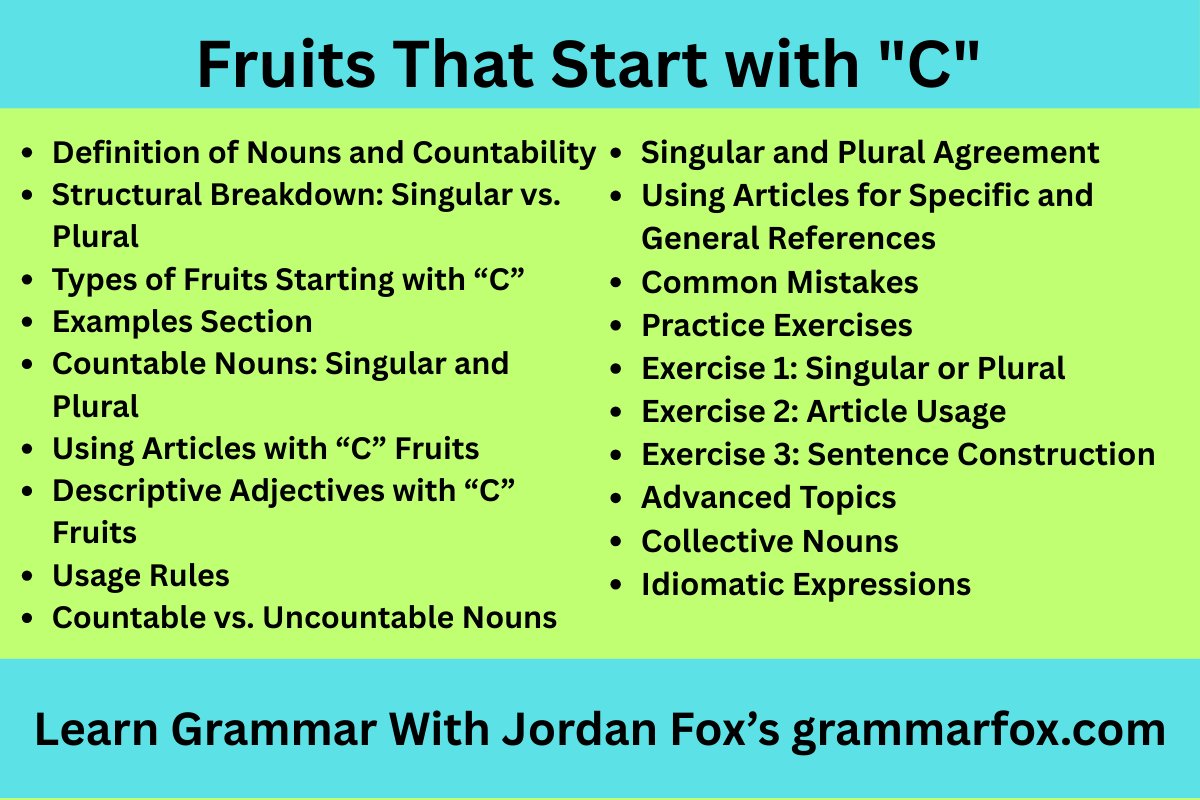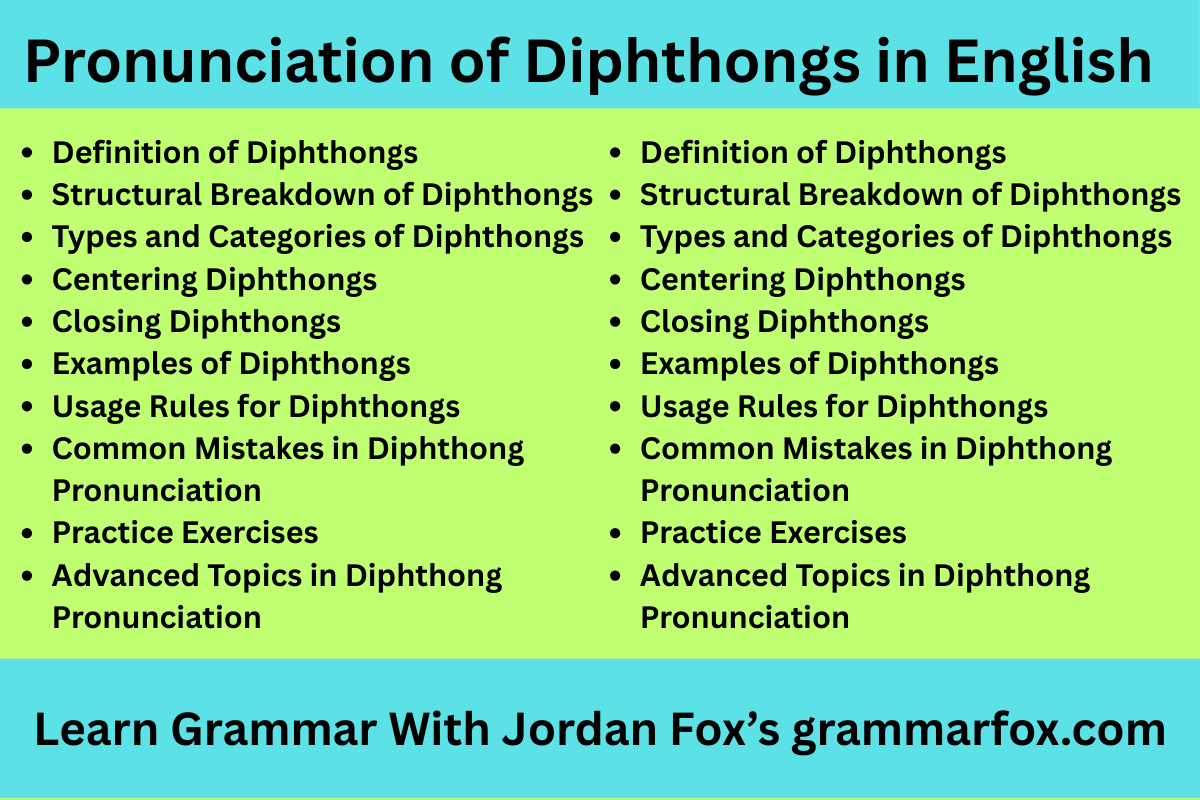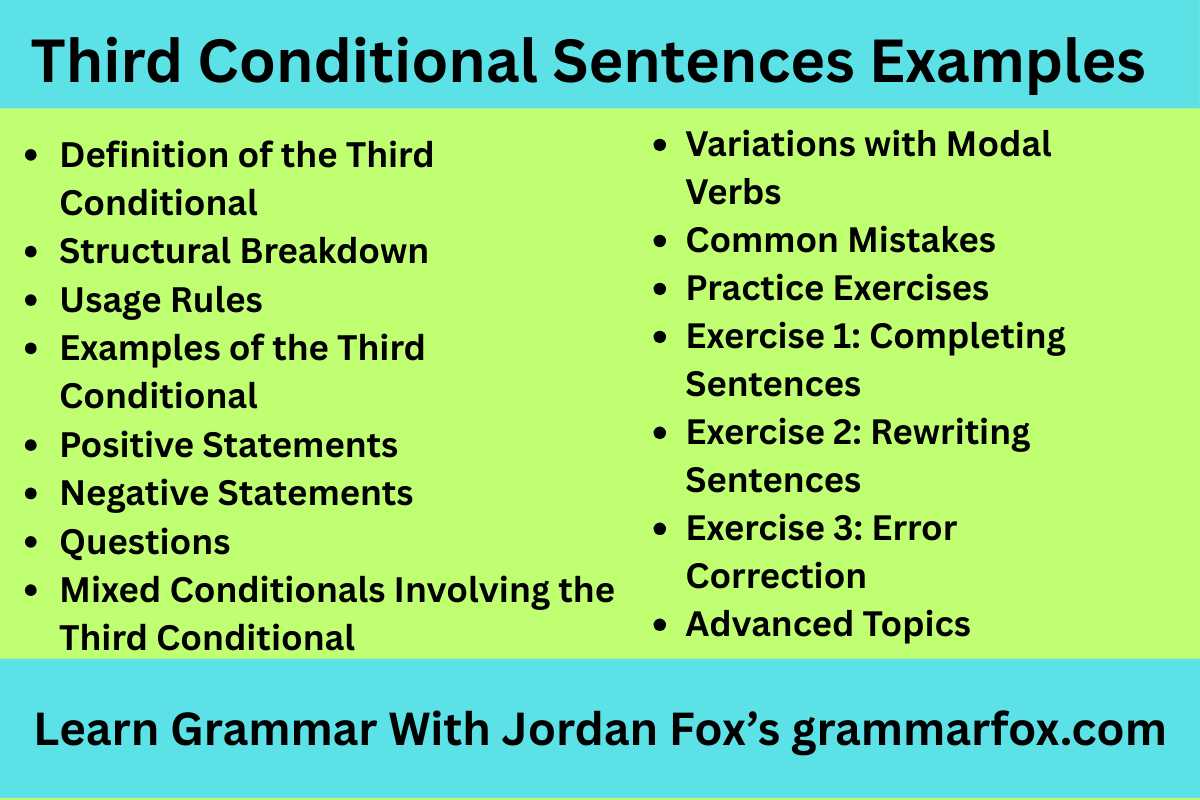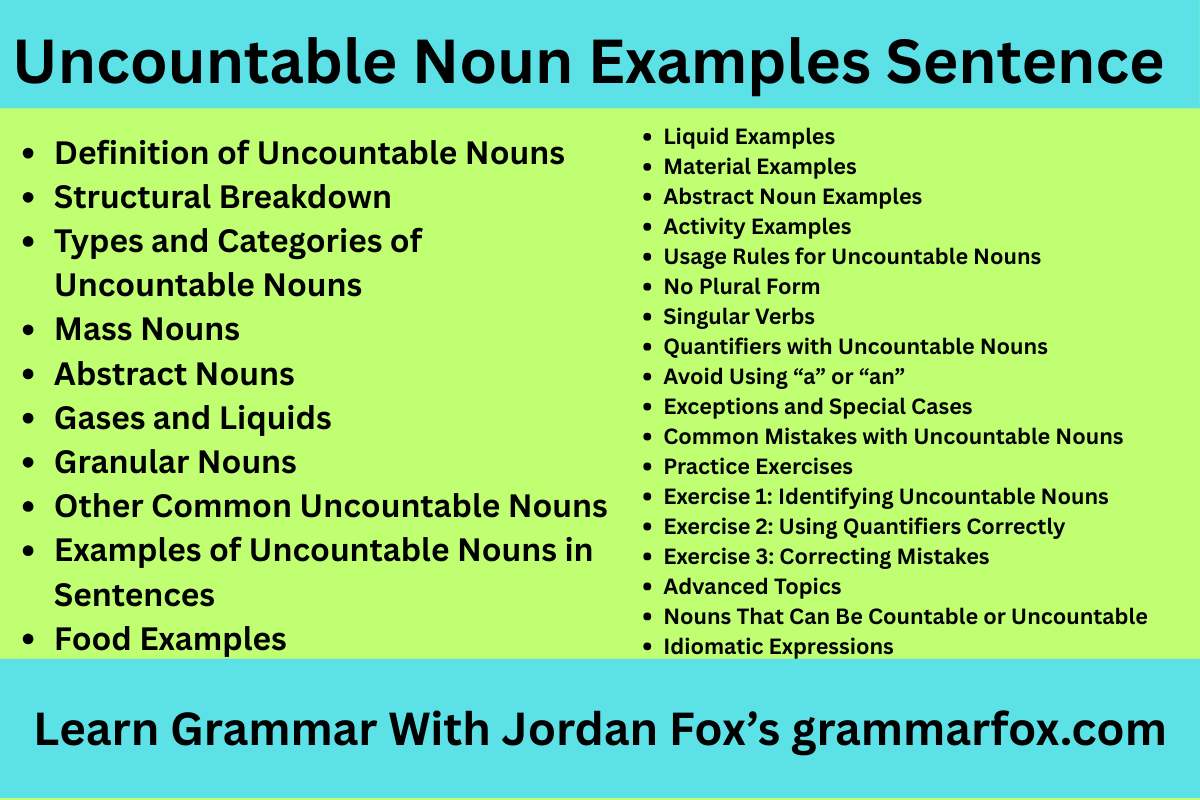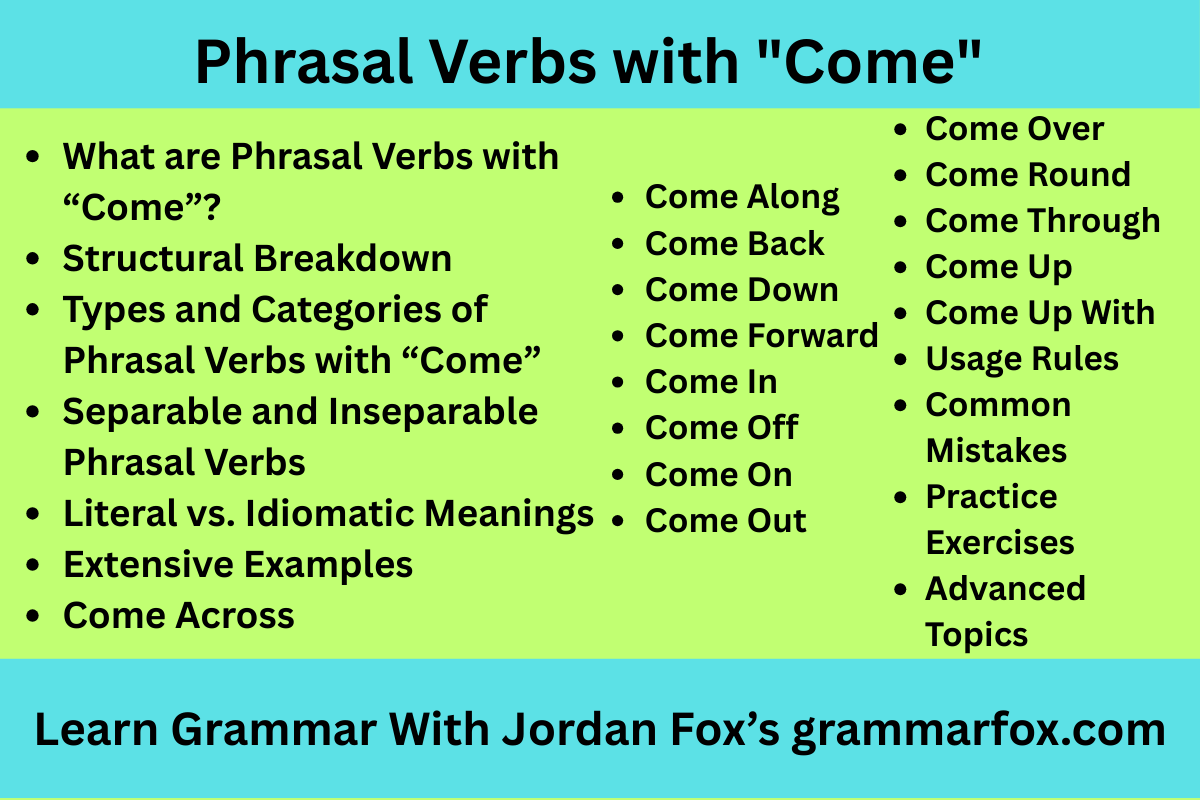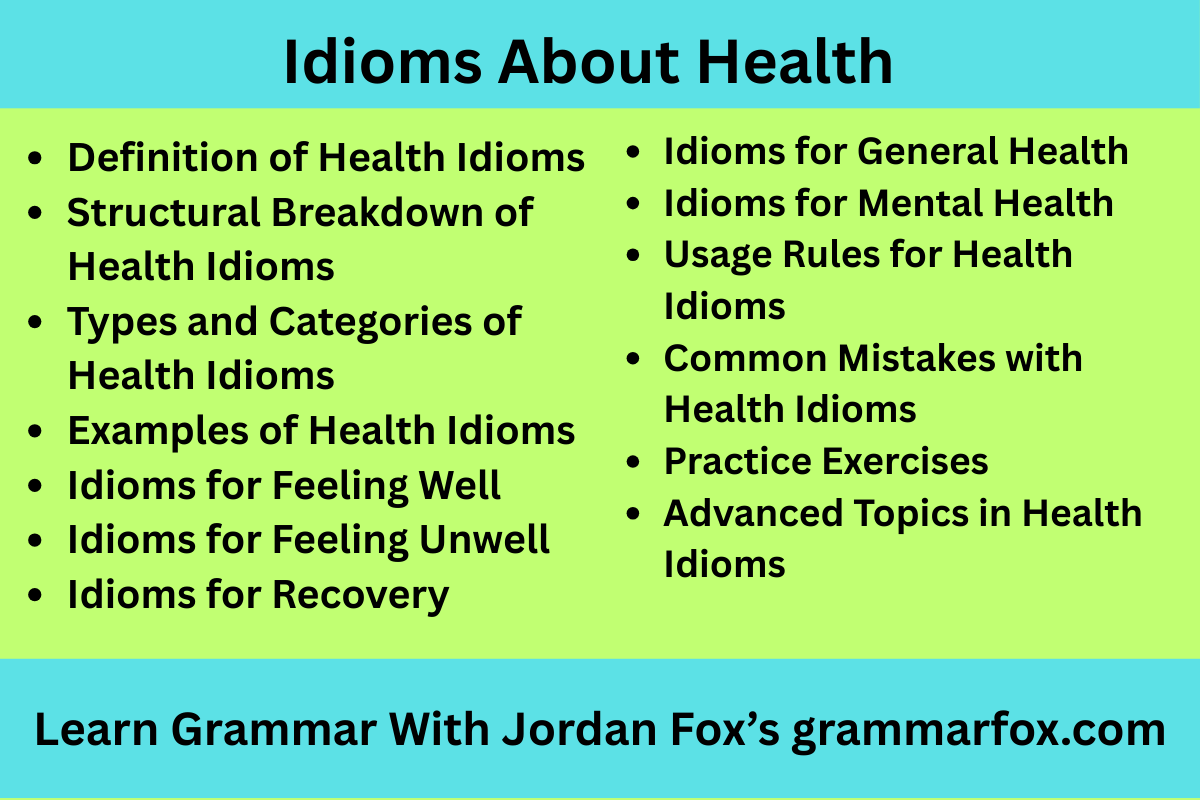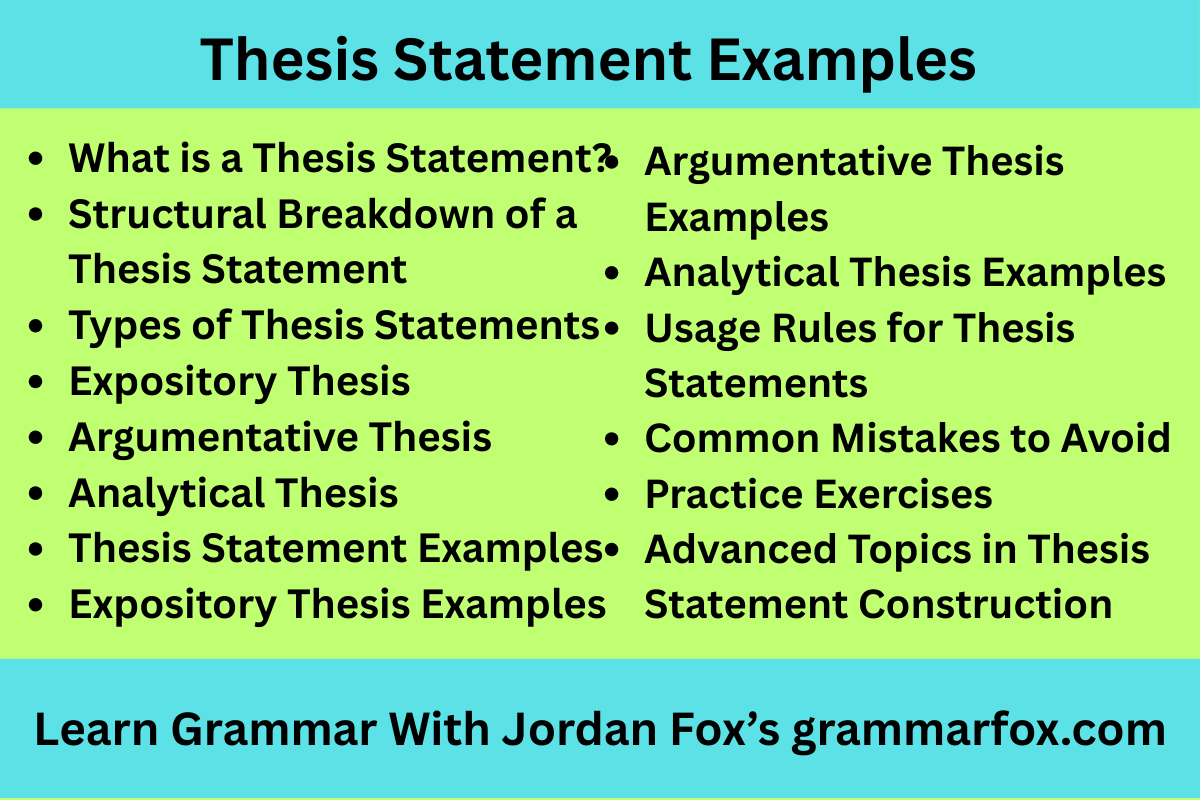Navigating Life’s Journey: Mastering Idioms About Life
Idioms are colorful expressions that add depth and vibrancy to the English language. Understanding idioms, particularly those related to life, is crucial for effective communication and comprehension. These idioms often convey complex ideas and experiences in a concise and memorable way. This article provides a comprehensive guide to idioms about life, exploring their meanings, usage, … Read more

